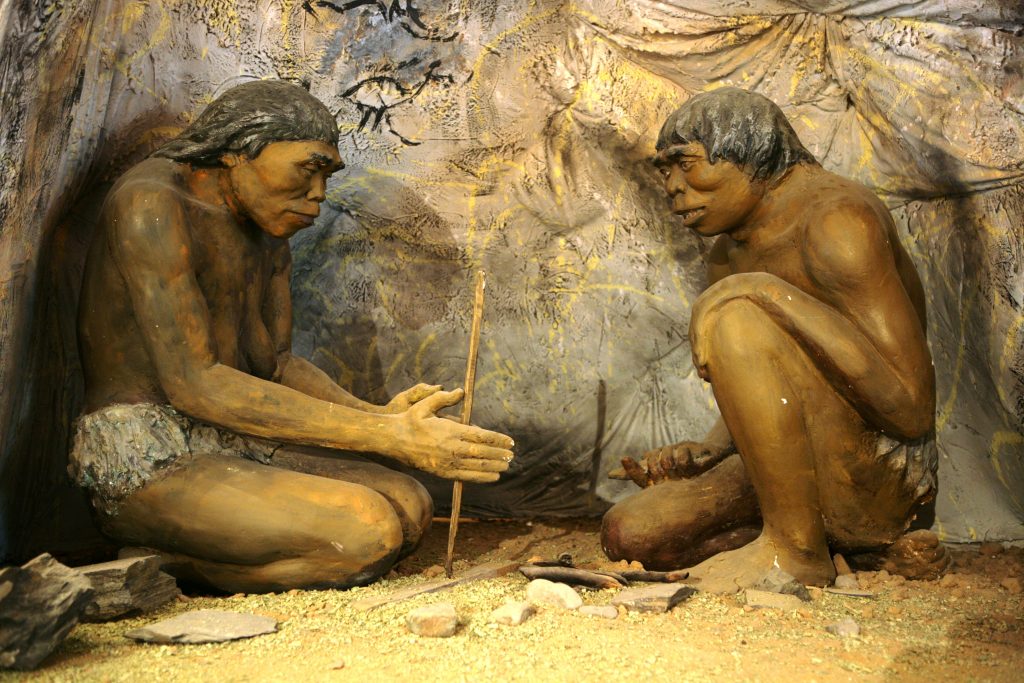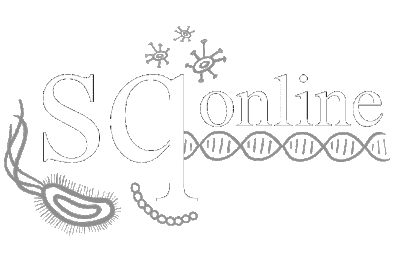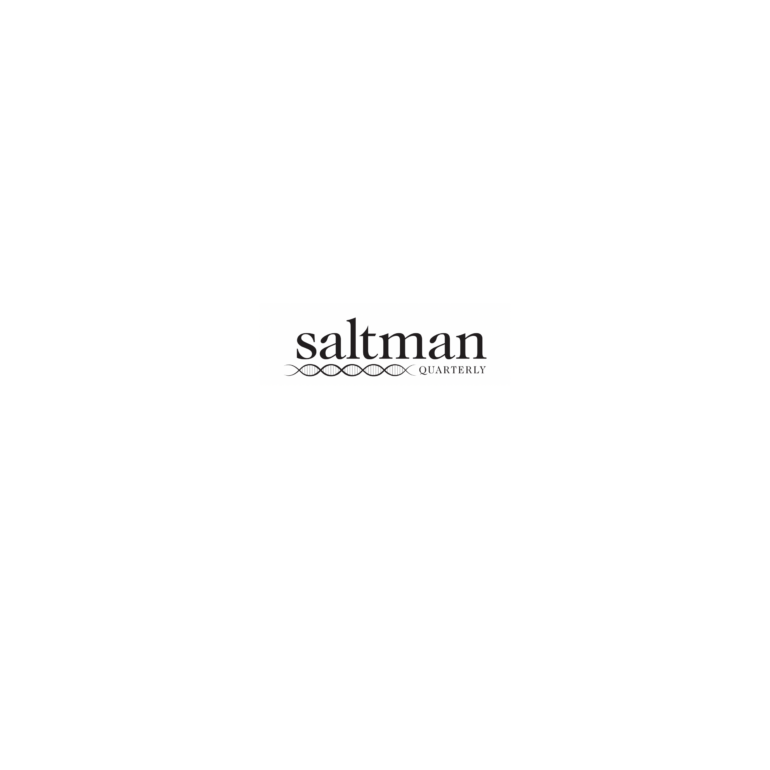DANIEL LUSK | BLOGGER | SQ ONLINE (2018-19)
Welcome to Winter quarter, a very special time at UC San Diego.
In the new year, you can finally shed the weight that held back your GPA in the Fall quarter. You can ace organic chemistry or game theory or whatever hard class stares you down. And you know exactly how you are going to do it. You are going to draw increasingly further away from all meaningful social relationships until you are nothing more than a story your suite-mates tell about that one kid who never leaves his room.
All the free time you recovered from cutting out those useless relationships will definitely free up more study time. And to be honest, grad school or your first job will almost certainly never ask you how many friendships you had in college, right?
Maybe. But you have more in life than grades. Plus, jokes aside, the inhuman grind machine I described above could be you. Odds are you got one lower grade last quarter than would have liked, and you have considered working harder this quarter to make sure that does not happen again.
For some reason, “UC Socially Dead” has a tendency to push people towards ignoring their social life in favor of chasing better academics. I find this ironic, because this means our great science school pushes us towards a very unscientific way of life.
Isolation, it turns out, wreaks havoc on mammals. Adult mice separated from all other mice demonstrate large increases in anxious and depressed behavior– after only being isolated for just about 4 weeks (3).
We humans are not much different. Loneliness presents a sizable public health problem. Because loneliness predicts for everything from depression to Alzheimer’s, countries have a vested interest in combatting it. From Britain to Denmark to the United States, both governmental and private organizations have begun trying to address the problem of loneliness in society (2). These programs recognize the need for humans to find meaningful interactions with each other.
Evolutionarily, loneliness’ toll on our health makes a lot of sense. Humans evolved as social creatures and we need each other to be successful. Our phenomenal ability to work together makes us unique in nature and immensely adaptable (1). Our societies have resulted from us surviving better together; it’s not surprising that denying ourselves this advantage makes us unhealthy.

Positive social relationships and meaningful connections predict for better health outcomes in the long term. Social ties and positive interaction may even be correlated with reduced mortality (4). To clarify, having people you care about and who care about you may make you less likely to die. Researchers have suggested explanations for this ranging from decreased risk-taking to improved cardiovascular health. Now, mechanisms for these effects are unclear. Reduced stress may help cause some positive health outcomes, but specific reasons for such widespread effects are difficult to clarify (4). Even so, the data still points clearly to the overall positive benefit, mechanism or not. Being socially involved overwhelmingly improves your life.
So, having meaningful friendships and people you value as part of your life might even make you live longer. Being involved increases not only your emotional well being but seems to increase your actual physical well being. Winter quarter provides a huge temptation to self-isolate and focus on schoolwork. Science says you should not. The grades are just not worth that much. Stay in your clubs, get lunch with your friends, and enjoy a longer, healthier, and happier life. And keep reading my blogs.
Good luck with the quarter everybody. Make good choices.
Work Cited
- (1) Boyd, Robert, and Peter Richerson . “Culture and the Evolution of Human Cooperation.” Collections – Journals | Royal Society, 12 Nov. 2009, royalsocietypublishing.org/doi/full/10.1098/rstb.2009.0134.
- (2) Cacioppo, Stephanie, et al. “Loneliness: Clinical Import and Interventions.” Journal of Research in Crime and Delinquency, Sage Journals, 8 Oct. 2010, journals.sagepub.com/doi/full/10.1177/1745691615570616?url_ver=Z39.88-2003&rfr_id=ori%3Arid%3Acrossref.org&rfr_dat=cr_pub%3Dpubmed.
- (3) Ieraci, Alessandro, et al. “Social Isolation Stress Induces Anxious-Depressive-Like Behavior and Alterations of Neuroplasticity-Related Genes in Adult Male Mice.” Advances in Decision Sciences, Hindawi, 6 Jan. 2016, www.hindawi.com/journals/np/2016/6212983/.
- (4) Umberson, Debra, and Jennifer Montez. “Social Relationships and Health: A Flashpoint for Health Policy.” NBCI, US National Library of Medicine; National Institutes of Health, 4 Aug. 2011, www.ncbi.nlm.nih.gov/pmc/articles/PMC3150158/.
Images
- (5) https://commons.wikimedia.org/wiki/File:Le_Moustier.jpg


